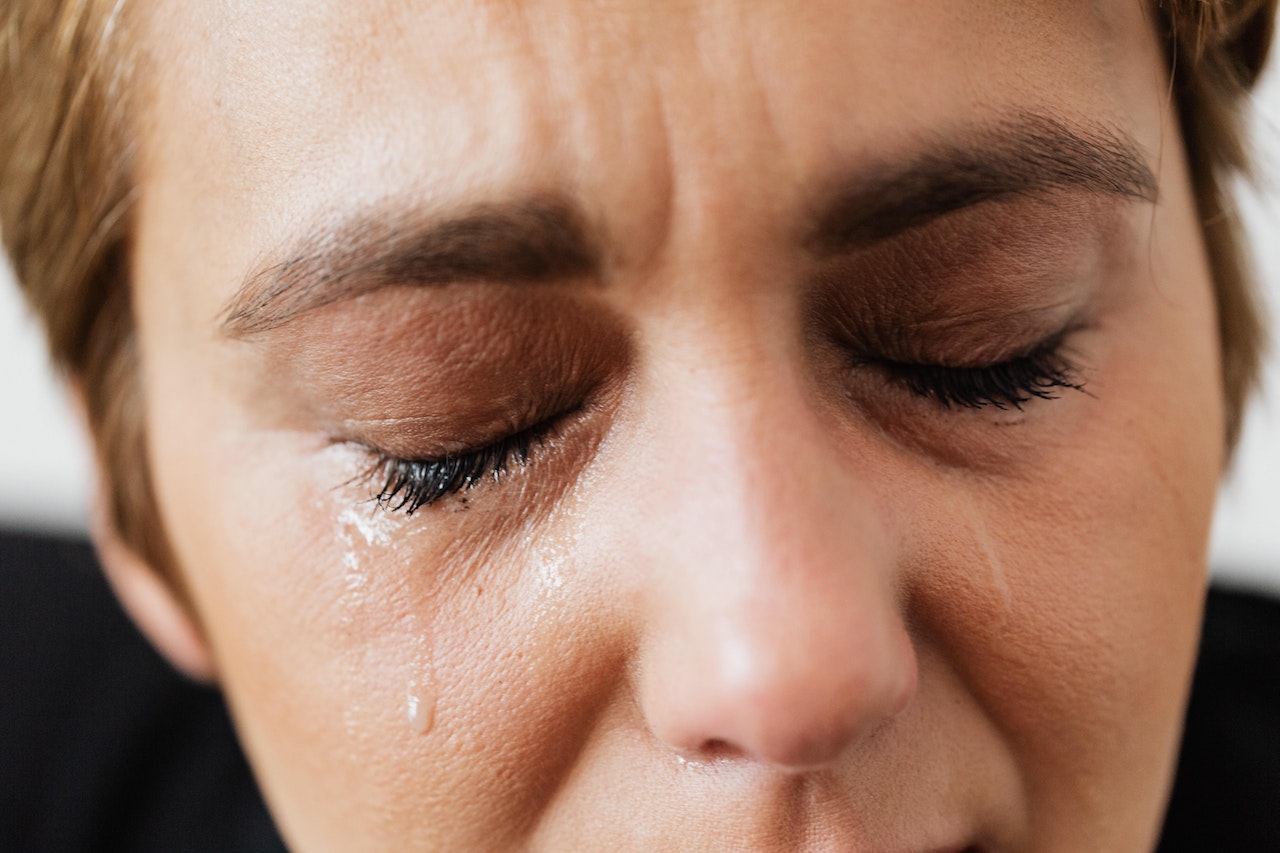Millions of individuals worldwide suffer from depression, a prevalent mental health problem. Your capacity to work, sleep, and enjoy life can all be hampered when battling depression. Therefore, it’s critical to get help if you’re experiencing depression.
These are the top five telltale signs of depression.
-
Persistent Sadness or Low Mood
A prolonged sense of melancholy or poor mood is one of the most typical indicators of depression. This sadness could last for a few weeks or longer. It could be difficult for you to find enjoyment or satisfaction in things that you formerly loved.
It might be challenging to focus, make decisions, and carry out duties, including those that are necessary for work or school when grief is persistent. This lack of drive and attention can exacerbate emotions of helplessness and inadequacy, feeding the depressive cycle. Speaking with a mental health expert is a good idea if you are constantly depressed or in a bad mood.
-
Lack of Interest in Activities
One of the symptoms of depression is a loss of interest in activities or hobbies that you once enjoyed doing. This could be participating in a hobby, hanging out with friends, or spending time with family members. You can believe that accomplishing anything has no purpose because you can’t think of anything that will make you happy. This feeling can make you feel even more isolated and alone, which can lead to a vicious cycle of thoughts and behaviors that are ultimately self-defeating.
Until someone else brings it to your attention, you might not even realize that you have lost interest in the activities you once enjoyed. It is good that you seek professional assistance if you discover that the activities and pursuits that once brought you joy no longer hold the same appeal for you.
-
Fatigue and Lack of Energy
Depression can also manifest in a person’s physical state, causing them to feel drained of energy and tired. Even if you haven’t been physically engaging in anything strenuous, you can nevertheless find that you are fatigued. You might also find it difficult to get out of bed in the morning or feel, as though you cannot face the day ahead of you. Because of this lack of energy, it can be difficult to carry out the chores of daily living, which can lead to feelings of frustration and powerlessness.
You must discuss your state of exhaustion and lack of energy with your primary care physician to rule out any potential underlying medical disorders that could be causing or contributing to your symptoms. Alterations to your lifestyle, like going to the gym and eating right, can also be recommended by your physician in order to assist in enhancing your energy levels.
-
Changes in Appetite or Weight
Depression has been linked to changes in both appetite and weight. It’s possible that you won’t feel hungry and can have trouble eating, which will cause you to lose weight. Alternatively, you might discover that you are consuming more and gaining weight. These changes can lower your self-esteem and make you feel more self-defeating, which can exacerbate your melancholy.
It is imperative to consult your doctor if you have long-lasting changes in appetite or weight. They can give you advice on creating a healthy eating plan or suggest a nutritionist who can offer more assistance. Additionally, it’s critical to keep in mind that weight fluctuations are a typical sign of sadness and are not indicative of your worth or value as a person.
-
Feelings of Worthlessness or Guilt
Feelings of guilt or worthlessness are frequent in depressed people. You can believe that you are unworthy or a burden to others. It can be challenging to break the cycle of depression as a result of these sensations because they might give rise to negative ideas and actions. Additionally, you might regret past errors or feel bad about things that weren’t your responsibility.
It’s critical to understand that these emotions do not reflect your value as a person but rather a symptom of depression. Talking to a mental health expert can assist you in overcoming these emotions and creating a more optimistic and realistic view of yourself.
Conclusion
It can be difficult to manage depression, but if you’re having trouble, you must get help. It is critical to speak with your doctor or a mental health expert if you are exhibiting any of these five depressive symptoms. That way, you can have a treatment strategy developed for you that might entail therapy, medication, or a change in your way of life.
Ultimately, you should remember that depression is treatable, and with the correct assistance, you can begin to feel better and recover control of your life.


